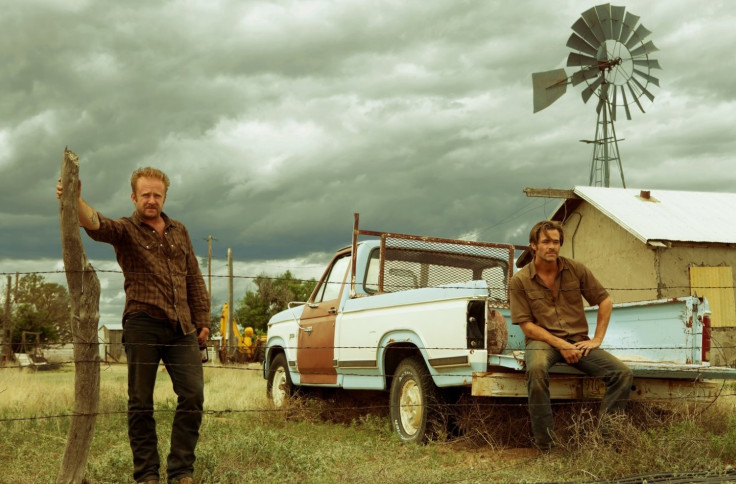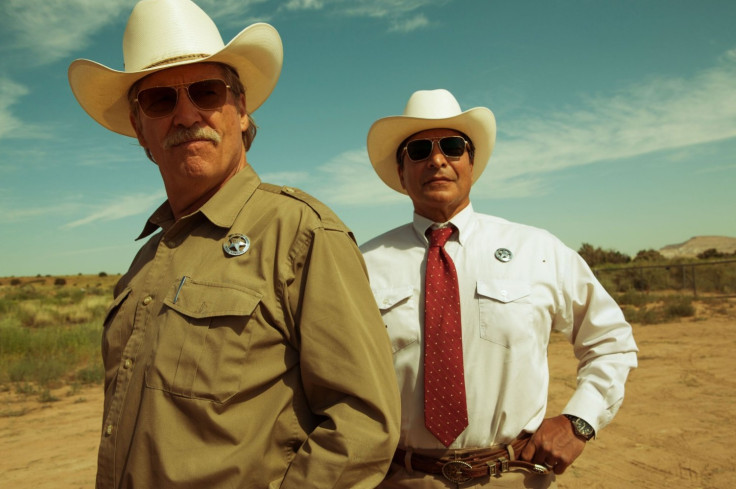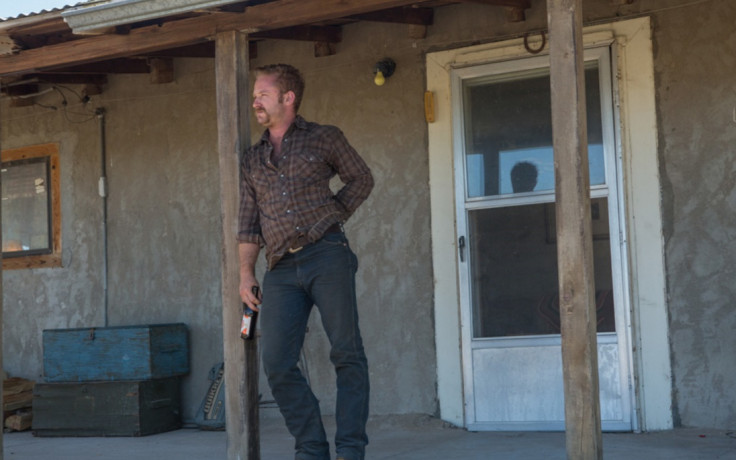Hell Or High Water review: Simple yet brilliantly original drama-thriller that's not to be missed
With a razor-sharp screenplay and solid direction, this is among the best films of 2016.

Scottish filmmaker David Mackenzie leads a flawless cast consisting of Chris Pine, Ben Foster, Gil Birmingham and Jeff Bridges in intense, yet surprisingly humorous and touching, thriller-drama Hell Or High Water.
Chris Pine and Ben Foster star as brothers Toby and Tanner Howard who concoct a plan to rob several branches of the bank that's about to foreclose on their family ranch, subsequently paying them back with their own money and getting them off their case for good. Their heists start out well – and simple – enough as the twosome make sure to only target quiet, small establishments and only take cash from each of their registers.
In between busts, the Howards' journey to an Oklahoman casino and exchange the stolen money for chips (and vice versa), therefore making it untraceable back to them. But as their success continues, Tanner's ambition in the money-making biz escalates and the men find themselves in a dangerous game of cat-and-mouse with experienced Texas ranger Marcus Hamilton, whose determined to take them down before his retirement in a few weeks.

There are plenty of great Westerns and there are arguably even more heist movies that deliver everything a lover of that genre could want, but here, director David Mackenzie seamlessly infuses the two, interpreting the best traditions from each in his own way and creating something truly original and refreshing. While Mackenzie is deserving of high praise for Hell Or High Water undoubtedly, as you're watching, it becomes increasingly obvious what the film's best aspects are, and one of those things are the high-quality performances delivered from its cast across the board.
Arguably putting forward his best performance yet, Pine embodies Toby's inner turmoil, initially presenting a man motivated by greed but then slowly fine-tuning his characterisation so that the audience can see that Toby's actions have actually come about through grief and shame rather than selfish gain. Almost his antithesis on the surface, Bridges' incessantly chatty Marcus seems of a much more sunny disposition at first, reluctant to give in to his retirement purely because he loves his job. But then, even cracks in his facade start to appear as the film suggests he might just be afraid of spending his days alone following the death of his wife.
Given just a little bit more to work with than the others, Foster is the actor who comes out on top however, despite the fact that Tanner is a little more simplified. Often reckless, and without the selfless concerns of his brother, his character is wild and unpredictable on screen, making for most of the film's unexpected thrills. But there's no denying that he also has a heart deep down.
The trio are so great in fact that only one performer threatens to steal the show, and that's Margaret Bowman (No Country For Old Men) during a standalone – and coincidentally standout – scene in a steakhouse. "Ain't nobody ever ordered nothing but a T-Bone steak and baked potato," she barks at Marcus and Alberto. "Except one time, this asshole from New York ordered a trout. We ain't got no goddamned trout."

As with most Westerns, women are largely on the periphery but it's scenes like that that make it clear they're a catalyst for much of what's going on on screen. Toby's desperation to make money comes from not only wanting to save his late mother's ranch but also from the fact that he owes his ex-wife and mother of his sons a whole bunch of child support payments.
The other highlight is Taylor Sheridan's razor-sharp script. Having previously penned Sicario, it's no surprise how succinct Sheridan's screenplay is but what is unexpected is how much humour the scribe manages to interject into the piece alongside all of its evident melancholy.
You see, for all its intensity, part of Hell Or High Water's brilliance is how easily it can shift in tone without creating a sense of awkwardness amongst the audience. Scenes in which the Howard brothers are discussing their recently-deceased mother in their run-down family ranch is book-ended by sequences of Marcus and partner Alberto exchanging wry quips in their ranger vehicle. Never are the jokes forced but frequently, they're laugh out loud funny, further emphasising that life isn't always light or dark but a mixture of the two... (and proving that Gil Birmingham and Bridges have easy chemistry that make their characters so likeable).
The movie's effective parallels don't stop there either. Of course you've got the pair of cops after the pair of criminals at first glance but there's other nods to the concept too. Cinematographer Giles Nuttgens frequently uses the idea of opposites, offering up glorious sun-soaked open roads one moment and dingy, dark casino halls or enclosed diner booths the next.
It's a clever way of subliminally keeping the audiences on tenterhooks, keeping them from seeing the main protagonists as either good or bad through-and-through while also never hinting at who will prevail through the constant changes in mood and tone. You'll just have to check it out to see how it ends now, won't you? And you really, really should.
© Copyright IBTimes 2025. All rights reserved.






















